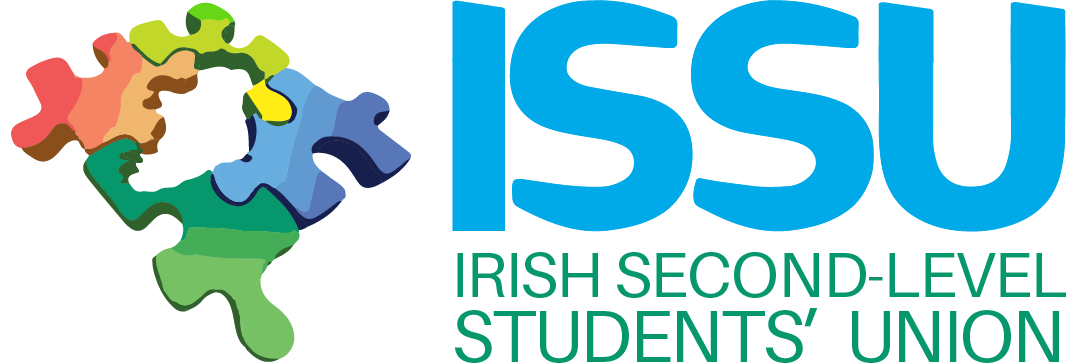Leaving Certificate French Oral
Ellen O'Rourke - Higher Level French Oral
Word of advice: Eat a good breakfast on the day of the exam. It sounds like such a clichéd, teacher-y thing to say, but trust me, I learned the hard way. I thought I'd get into the spirit of things with a pain au chocolat and a cup of really strong coffee to start the day. Bad idea. I was starving all day and all I wanted to do was stress eat. On top of that, when my palms were sweating and heart was hammering in the run up to the exam, I put it down to nerves - but it was probably just the caffeine! Next time, I'll go for porridge s'il vous plaît.I put lots of pressure on myself in the weeks leading up to the exam - I need at least a B in French for the course I want - until someone said something which made me see it in a whole different way: 'the most important thing to have is confidence'. It's true - 50% of the marks are going for communication and pronunciation, which can't be learned from a book, and can easily go down the drain if you're a bit wobbly on the day. I began to relax a bit then, and trust all the work that I've put in over the last few years. To prepare, I wrote paragraphs on everything from l'uniforme to l'avenir, recorded myself saying them, and listened to it tous le temps. I don't even remember learning it, it just sort of osmosis-ed in and I was able to spiel it all off on the day. There was a number of benefits to this- I knew I had my grammar and phrases on point because they came straight from my notes, but there were also a few pitfalls; whenever she asked a question that I hadn't prepared, it sort of threw me off my flow, and then when I didn't get through all the stuff I had prepared, I became frustrated with myself. Not the best way to learn a language, I know now, but it worked. The other way to do it is completely wing it, which worked insanely well for one of my friends. While her french is not parfait, she made the examiner laugh and had general banter, which will get her a high grade no doubt.I did my document on my trip to France which I found immensely helpful. I had all the vocab on la gastronomie, le paysage, les differences etc and was able to recite word for word what I had prepared for a solid three minutes. This led to some questions on the importance of languages including "est qu'il y a beaucoup de débouchés pour les jeunes?" which really stumped me. I panicked and said "oui c'est trés important", which seemed to get me off the hook (I later was informed by my French friend that déboucher can mean to open up, uncork, or very very rarely, job opportunities...).It's finally over – it’s so strange to think, all those years of studying and travelling and speaking in French – not to mention pages and pages of notes (sorry rain-forest!) – and it all comes down to a ten minute conversation with a stranger.It could have gone better I feel, but then again it could have gone worse. Il faut voir la vie en rose - comme on dit en francais.Please note: Blog posts reflect the opinion of the author and not necessarily the opinion of the Irish Second-Level Students’ Union. If you are interested in becoming an ISSU Exam Blogger, contact info@issu.ie with your name, school year and mobile contact details.
